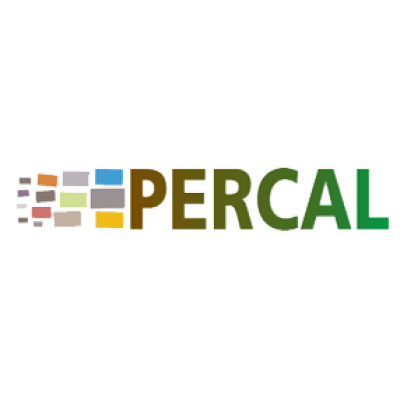
PERCAL
Chemical building blocks from versatile MSW biorefinery

Chemical building blocks from versatile MSW biorefinery
PERCAL will use Municipal Solid Waste (MSW) as a feedstock for developing intermediate chemical products, producing high yield with high purity, making it attractive for industry. These will be complementary to the bioethanol (existing PERSEO Bioethanol® technology), thus creating a cascade of valorisation from the MSW components.
PERCAL aims to produce three main compounds. Lactic acid, which can be used to make eco-friendly ethyl lactate. This can be used in cleaning products, in ink and for hot-melt adhesives for cardboard; succinic acid, as an intermediate building blocks for the production of polyols for the polyurethane industry as well as biosurfactants from the remaining fraction of the MSW fermentation.
The project should lead to four main innovations; new enzymatic cocktails to maximize hydrolysis of fermentable organic matter with low inhibitors production; high yield, specific and robust strains for each selected acid; extraction of fermentation by-products acting as inhibitors to succinic acid production via novel membrane electrolysis and optimised simultaneous saccharification and fermentation for lactic acid production followed by a downstream separation process. These should minimise issues of heterogeneous MSW composition.
PERCAL has set itself the following objectives
Biotechnology breakthroughs from the PERCAL project convert organic waste into sustainable products
24 June 2021
The organic fraction from municipal solid waste could provide high-value chemicals for a range of industries. BBI JU-funded companies and researchers successfully extracted a variety of useful products such as solvents and plastics from organic waste, helping bio-based economy carve out a more sustainable future. Read more
Brewing greener chemicals from fermented waste
27 Ferbuary 2020
The PERCAL project is expanding the circular economy by developing novel solutions for transforming the organic part of municipal solid waste (MSW). Your dinner leftovers, vegetable peelings and discarded packaging paper could provide environmentally friendly alternatives to commonly used chemicals, thanks to innovative technologies and fermentation processes being developed by BBI JU and industry-funded researchers. Read more